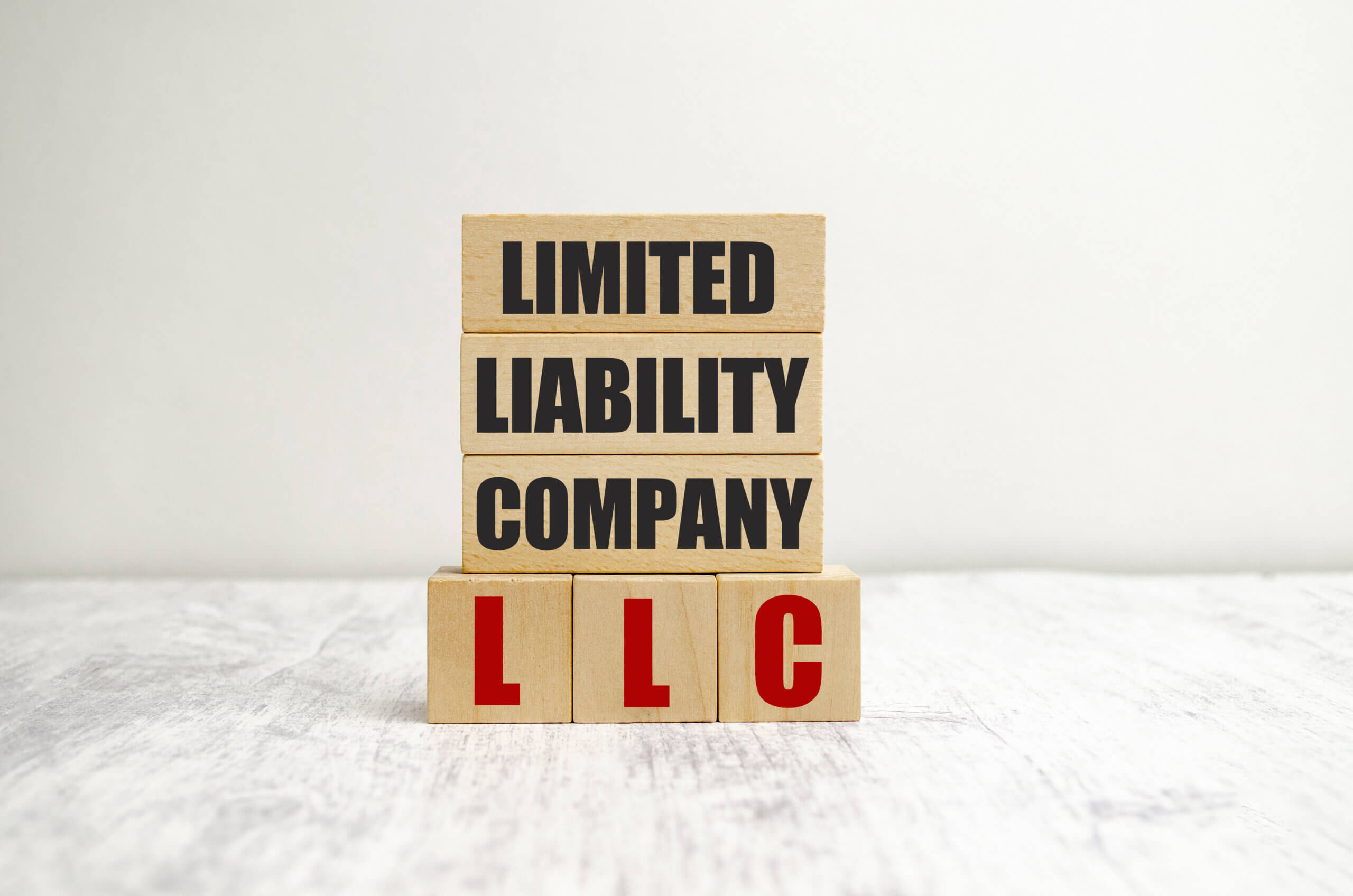Limited Liability Companies (LLCs) have quickly become one of the most popular forms of business entities here in Massachusetts. Combining some of the best aspects of partnerships and corporations, LLCs allow you to craft an entity that can serve many different purposes while helping to shield your personal assets from business creditors. One of the most common questions we are asked by serial entrepreneurs is whether we can have multiple companies under an LLC. Let’s take a look at the basics of Massachusetts LLC law, and then address the pros and cons of putting multiple businesses under the same entity. In this way, we’ll show you how to leverage your LLC if you have a big vision for the future of your business.
What Do I Need to Know About Massachusetts LLC Law?
Like most states, Massachusetts allows entrepreneurs like you to form an LLC for your business. The best way to understand an LLC is to look at it as a cross between a partnership and a corporation. Like a corporation, an LLC gives you liability protection. In other words, if your LLC gets sued, the only things at risk are the properties and assets contained inside the LLC. Absent a showing of fraud or other misconduct, a creditor cannot go after any of your personal assets held outside the LLC.
There are other aspects that are more like a partnership. The LLC will be governed by an operating agreement. This is like a partnership agreement and sets forth the terms and conditions under which the LLC will operate. You can therefore have different classes of owners called members, with distributions based on their position in the LLC. Furthermore, if a member dies or his or her assets get seized by a creditor, all they will gain is a charging lien against the LLC. They cannot become members if you and the other members do not vote to admit them. As a result, they will have no role in the operation of the LLC, and will only be entitled to receive distributions that would have gone to the former member.
LLCs are also treated like partnerships for the purposes of taxation unless they formally elect to be treated as a corporation. This means that you won’t have to deal with double taxation. Instead, the LLC will issue a K-1, which will set forth the gain or loss attributable to each member in any tax year.
Finally, LLCs can own corporations, partnerships, and even other LLCs. Members of LLCs can also be other business entities. This is different from Subchapter S corporations, which can only be owned by natural persons.
What Are the Pros and Cons of an LLC Owning Other Businesses?
One of the great things about an LLC is that you can put as many or as few assets as you choose inside of the entity. This applies to businesses as well. If you want to save money, you can place all of your companies under one LLC. They would operate under the LLC’s name, unless you choose to file a DBA (doing business as) name for the separate businesses. This is relatively inexpensive, and will only require one filing if you don’t go forward with using DBA names.
There are some potential pitfalls with taking this approach. First, if each of the businesses grows, it may be difficult to keep track of all of the different income and losses for each segment. In other words, you may be creating a headache for your accountant.
Beyond this, you may also end up creating a major liability risk for your companies. If one of your businesses is a restaurant and someone gets injured on the premises, he or she could try to go after the assets of the other companies controlled by the LLC. To avoid this risk, you might consider putting each of the separate businesses under a different LLC. So, if you have five different businesses, you would create six LLCs, one for each business, and a holding company to control the ownership rights of each of the operating entities. If you incur a liability in one business segment, it will be contained to that LLC, and the creditor will not be able to collect any assets other than those inside such LLC if they prevail in a lawsuit. While this will increase your start-up cost, it will be more effective in the long run.
Call Us When You Are Ready to Start Your Next Business Venture
Our team of experienced attorneys will help guide you through the process, making sure to create an entity that will work best for your business, and a structure that will lend itself to growing multiple companies.
